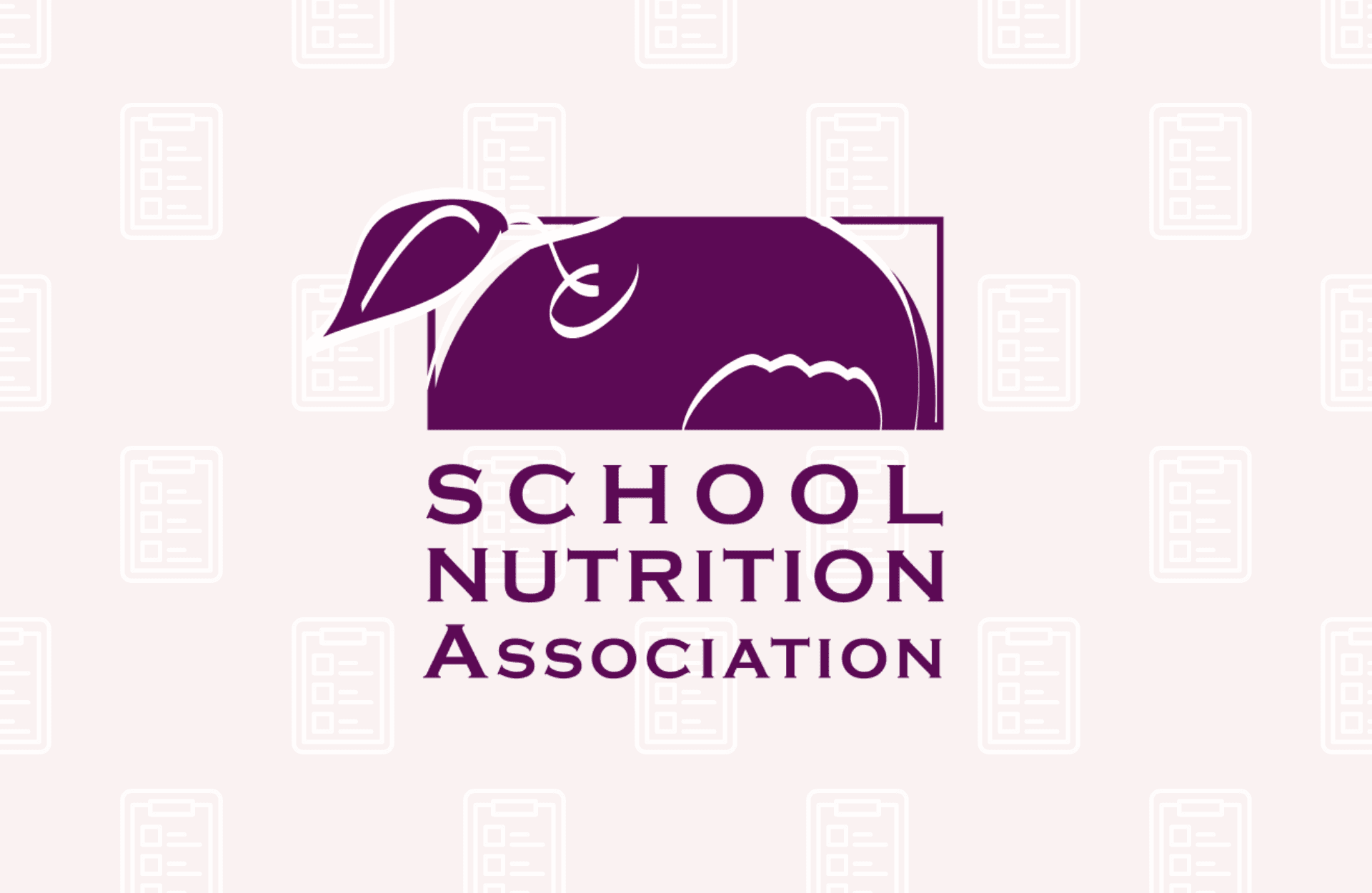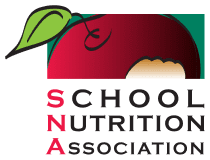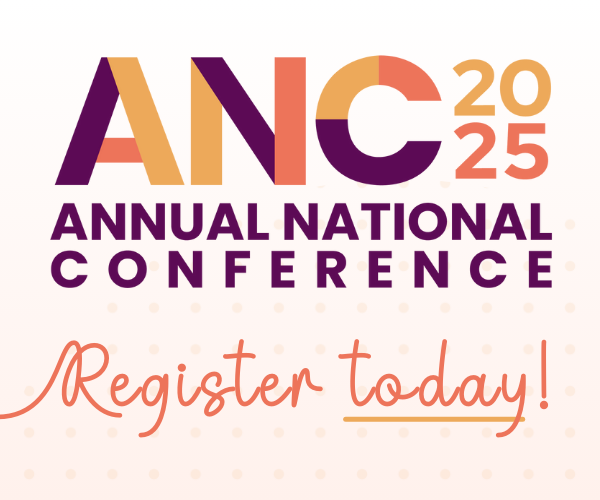FOR IMMEDIATE RELEASE:
Contact: Diane Pratt-Heavner
301-686-3124
media@schoolnutrition.org
SNA Comments on “School Lunch Shaming”
2017-04-11
NATIONAL HARBOR, MD – The School Nutrition Association (SNA) has issued the following response to recent news reports about the treatment of students unable to pay for their school meals.
School nutrition professionals are passionate about ensuring students have access to healthy school meals to support academic achievement. Schools work diligently to enroll all eligible students in the free or reduced price meal program. Federal funds cover the cost of meals for enrolled students, but school meal programs need to charge non-enrolled students to help cover food and labor costs. Parents and school administrators must work together to strike a balance and develop meal policies that respect students, while preventing escalating unpaid meal debts.
“No school nutrition professional wants to see a child go hungry or feel any shame during mealtime – we dedicate our lives to providing access to healthy, balanced meals to all students. While we can’t speak to every district, overwhelmingly, schools today are working to minimize any stigma associated with free or reduced price meals and remove any barriers for students in need,” said SNA President Becky Domokos-Bays, PhD, RD, SNS.
Unfortunately, for under-funded school meal programs, unpaid school meal debt can become a critical problem that can impact the quality of meals for all students. SNA’s 2016 School Nutrition Operations Report found that about three quarters of school districts had an unpaid student meal debt at the end of last school year, an increase from 70.8% of districts reporting debt in 2014. Additionally, 37.7% report that the number of students within the paid or reduced-price category who do not have funds to pay for breakfast or lunch has increased from the 2014/15 to 2015/16 school years.
USDA recently issued regulations mandating that schools implement unpaid meal policies by the start of the 2017/18 school year and clarifying that schools must make efforts to collect debt incurred from unpaid meals. Schools have latitude on what types of policies they implement to account for variables such as school or district size and student demographics.
Schools use a variety of methods to notify parents of low or negative account balances or to discreetly provide an alternate meal to students. Some districts continue to provide complete meals, whereas others establish funds to support students without lunch money or work with parents to establish payment plans. Communicating the unpaid meal policy with the school community across all channels is vital to any policy’s successful implementation.
“Healthy school meals are just as important to academic achievement as the textbooks that students receive. We all need to work together to ensure every student has access to the nutrition they need to succeed.” said Domokos-Bays.
About School Nutrition Association:
The School Nutrition Association (SNA) is a national, non-profit professional organization representing 57,000 school nutrition professionals across the country. Founded in 1946, SNA and its members are dedicated to making healthy school meals and nutrition education available to all students. For more information on school meals, visit www.SchoolNutrition.org/SchoolMeals.
Related Articles

SNA Conference Offers School Meal Innovations
Read More

SNA Urges MAHA Commission to Invest in School Meals
Read More




